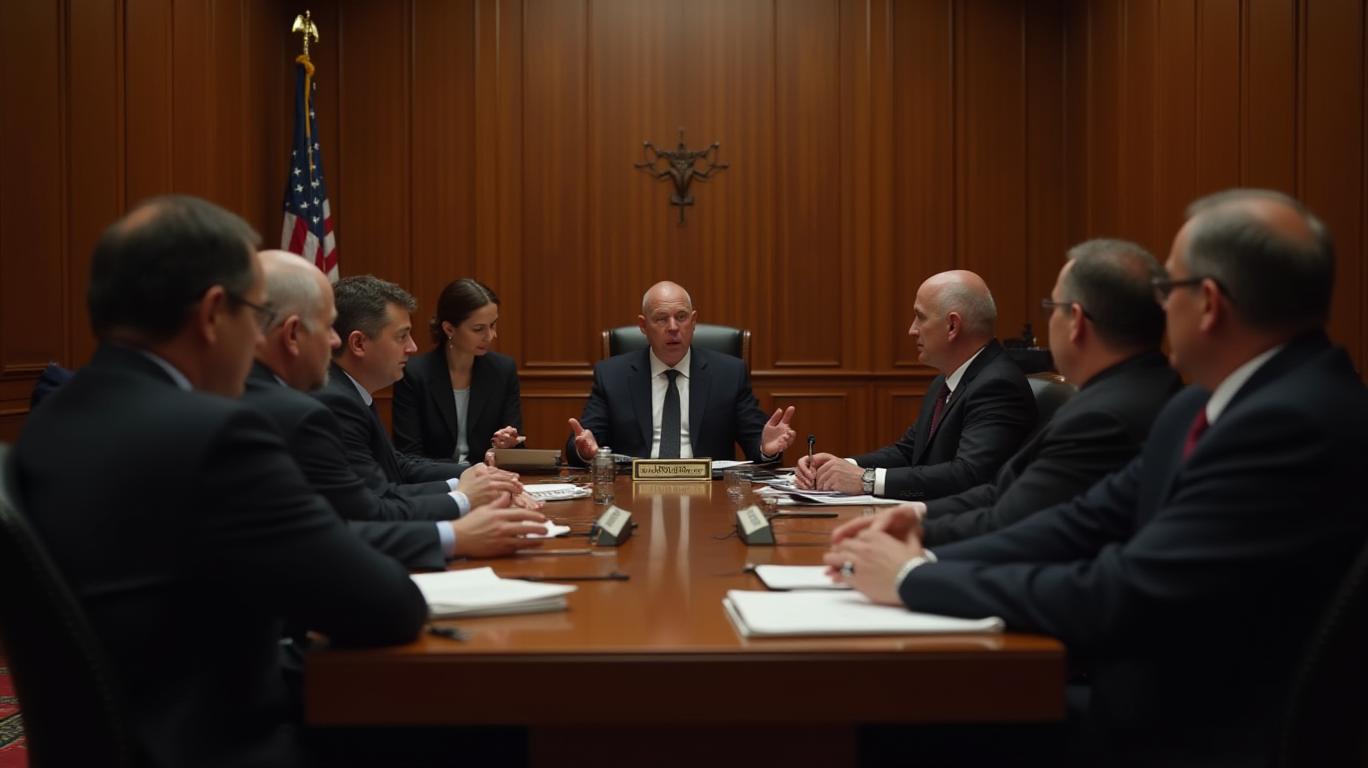SEC Blocks Ripple Evidence, Appeal Status Unclear
The U.S. Securities and Exchange Commission (SEC) has requested that the Southern District of New York deny an emergency motion filed by Justin W. Keener, a nonparty in the Ripple case. Keener had asked the court for permission to present what he called critical evidence that would support Ripple and address broader concerns related to public freedoms.
The SEC stated that the court does not have the power to review the request because the case is already with the U.S. Court of Appeals for the Second Circuit. According to the commission, once an appeal is in progress, any new motions must be handled at the appellate level and not by the original trial court.
The SEC also said that Keener failed to follow the correct procedure when filing his request. The agency explained that Keener needed to formally ask the court to become involved in the case before trying to introduce new information. Because this step was skipped, the filing did not meet the legal requirements. In addition, the SEC questioned whether the request was needed at all. The agency said Keener could have provided the materials directly to Ripple’s legal team, who are already handling the case. “Ripple’s attorneys are fully capable of deciding what should be used in their defense,” the SEC stated in the filing. Moreover, it added that bringing the evidence into court through a third party was unnecessary.
There is still no clear agreement between Ripple and the SEC regarding whether the lawsuit is over. Ripple has said that the two parties reached a deal in which both sides agreed to end their appeals. This arrangement, according to Ripple, also included a lowered penalty and the removal of a court injunction. However, the SEC has not confirmed this information in court. Legal expert Bill Morgan commented on the situation, saying, “Ripple believes the appeals have ended, but the SEC told the judge that the case is still active in the appeal court.” He also noted that the legal process seems incomplete, despite talk of a settlement.
Since Ripple’s announcement, the SEC has held two private meetings without releasing any updates on the matter. This lack of response has led to speculation among those following the case closely. Some in the XRP community are concerned that the silence means the situation remains unresolved. Until the court rules on the emergency request and the SEC publicly confirms its appeal status, the final outcome of the case remains unclear. The next steps are likely to come after internal decisions are finalized by the SEC commissioners.
The SEC's decision to block key evidence in the Ripple case is a strategic maneuver that could have far-reaching implications. By opposing the submission of additional evidence, the SEC aims to maintain control over the narrative and the legal proceedings. This move suggests that the SEC is confident in its current position and is seeking to avoid any potential complications that new evidence might introduce. The procedural errors and concerns over legal representation further underscore the SEC's desire to keep the case within a tightly controlled framework.
The appeal status of the case is another critical factor. The SEC's opposition to the submission of new evidence indicates that it is focused on the ongoing appeal process. This strategy allows the SEC to challenge the lower court's rulings without being sidetracked by additional evidence that could complicate its arguments. By maintaining a narrow focus on the appeal, the SEC can present a more cohesive and streamlined case to the higher court.
The legal representation concerns add another layer of complexity to the case. The SEC's opposition suggests that it is wary of the potential impact of new legal representation on the proceedings. This could be due to concerns over the expertise and strategies of the new legal team, or it could be a tactic to delay the case and buy more time for its own preparations. Regardless of the specific reasons, the SEC's move highlights the importance of legal representation in high-stakes cases like this one.
The potential withdrawal of the SEC's appeal regarding the ruling on XRP programmatic sales is a significant development. If the SEC does indeed cease its appeal, it would represent a major victory for Ripple and a setback for the SEC's regulatory efforts. This decision would also have broader implications for the cryptocurrency industry, as it would set a precedent for how regulatory bodies approach the classification and regulation of digital assets. The withdrawal of the appeal would strengthen Ripple's position in the market and could pave the way for increased adoption and acceptance of XRP.

Quickly understand the history and background of various well-known coins
Latest Articles
Stay ahead of the market.
Get curated U.S. market news, insights and key dates delivered to your inbox.



Comments
No comments yet